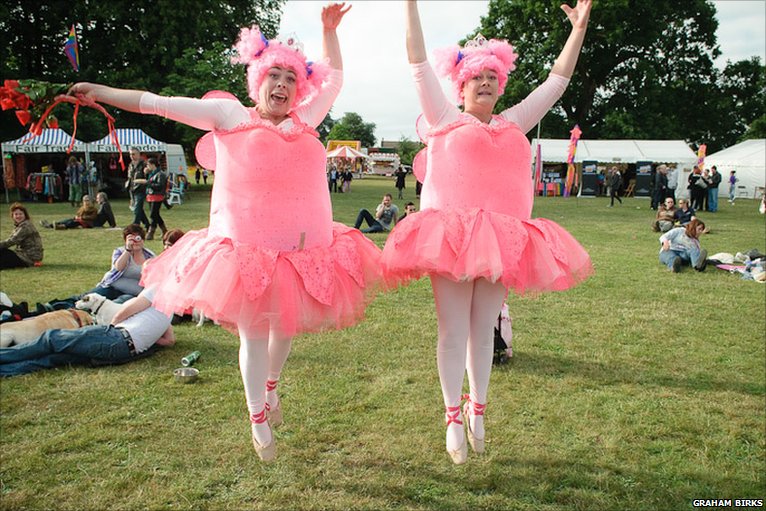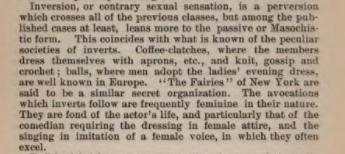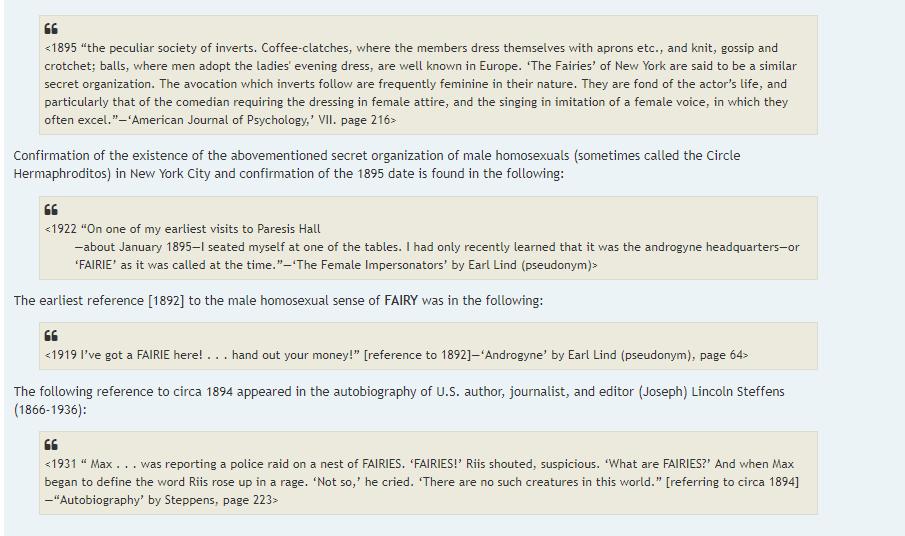Gay Fairies: When and Why March 14, 2018
Author: Beach Combing | in : Contemporary, Modern , trackbackIntroduction
It was only a matter of time… In English ‘fairy’ has several different meanings. The primary one is, of course, a supernatural creature with or without wings. But somewhere down the list is a gay man. Where does this idea come from and when did it gain currency?
Who Cares?
It could be argued that as this is a relatively recent invention (we’ll be talking about how recent below) that it doesn’t much matter. But there are, in fact, a number of works of cultural history that make something of the fairy = gay connection. For example, Angela Bourke in a recent essay connecting the Oscar Wilde trial (sent to prison for being a ‘fairy’) to the death of Bridget Cleary (burnt for being a ‘fairy’):
Oscar Wilde’s downfall was another sort of witch-hunt, conducted when parts of his life, masked as fiction in The Picture of Dorian Gray, became common knowledge. It can also be fairly described as a case of ‘hunting out the fairies’ (37).
When scholars start to make these kinds of connections then some exactitude is needed. Bourke, a careful scholar, gives a note, but hopefully some more of the same will help others who come after.
So When?
The Longer Oxford English Dictionary has, as its fifth and final meaning for fairy: ‘A male homosexual. Slang’. The entry shows that this sense of fairy was well-established by the interwar period in the English-speaking world.
1929 R. Hughes High Wind in Jamaica iv, ‘‘Who are they?’ Emily asked the Captain. ‘Who are who?’ he murmured absently.‥ ‘Oh, those? Fairies.’
1945 E. Waugh Brideshead Revisited i. v. 102 ‘Two girls stopped near our table and looked at us curiously. ‘Come on,’ said one to the other, ‘we’re wasting our time. They’re only fairies.’
This blogger is very familiar with this use of ‘fairy’ having heard his inter-war grandma using it frequently in the 1970s, the 1980s and the 1990s. But how much earlier did ‘fairy’ mean homosexual? The OED has this example from 1895 [actually 1896, checked]
This coincides with what is known of the peculiar societies of inverts [homosexuals]. Coffee-clatches, where the members dress themselves with aprons, etc., and knit, gossip and crotchet; balls, where men adopt the ladies’ evening dress, are well known in Europe. ‘The Fairies’ of New York are said to be a similar secret organization (Scott, 216).
This is not, on its own, particularly convincing but there are some other American sources from the same general period that do better and that ground the 1896 reference. These are from a very useful Word Wizard debate on the question.
It is interesting just how difficult it is to find slang like this in a puritanical age: the last three are all retrospective comments from a looser time. In terms of the origins of the word, though, the lack of ‘fairies’ in Walter’s sexual Secret Life perhaps rules the word out for later 19C Britain.
Why?
Four theories seem to be floating around.
First, in Elizabethan theatre men were expected to take on female and fairy roles in drag. Therefore… Well, it is a bit difficult to understand how the logic for this worked. In the words of the same Word Wizard forum quoted above:
Just recently I heard a friend of mine tell how the use of fairy to refer to a gay male came from the time when men were typically used to play female parts in plays and the type of male who would take the part was more effeminate and often a homosexual.. Thus by association the fairies in the plays came to mean the men who played the parts.’
There is no Elizabethan evidence for this.
Second, ‘fairy’ certainly had come to mean prostitute by the mid nineteenth century in the United States. Could fairy have been extended from there to mean homosexual? Well, it seems unlikely, though both were seen as sexually deviant at the time.
Third, blogger Lisa Spangenbeg writes tentatively that fairies = gay because fairies are barren.
I’ve been looking at the connection between fairy and queer for a long time, and I think there are a couple of reasons for fairy being used to mean queer. First, I think it works because there’s an association between fairies and an absence of progeny despite their overt eroticism, and the assumption, for many, that being queer has to do only with sex, that it’s all about sex, and that it’s sex without fear of progeny, just like real fairies.
It is not clear that fairies are barren and this seems a far too intellectual approach for what was clearly east coast slang. It is something that a conclave of bishops might come up with for their sermons.
Fourth, in the words of the OED fairy could mean: ‘A small graceful woman or child.’ From reading literally (sigh) thousands of references to nineteenth-century fairies I can say that this was so common in the 1800s that it practically overtook the original meaning: fairies were feminine. Homosexual culture is not, by any means, a simple effort for men to become women: but in the eyes of nineteenth-century society this is what homosexuality was. I’d back gay ‘fairies’ coming from this sense of the word.
Any other thoughts: drbeachcombing AT gmail DOT com
Sources
Angela Bourke, ‘Hunting Out the Fairies: E. F. Benson, Oscar Wilde, and the Burning of Bridget Cleary’, Wilde the Irishman (ed) Jerusha Hull McCormack (New Haven: Yale University Press, 1998), 36-46
Colin A. Scott, ‘Sex and Art’, The American Journal of Psychology 7 (1895-1896), 153-226
An old friend of this blog, Leif writes, 16 Mar 2018: Why are gay men referred to as fairies? It may be a mistake to assume the term originated based on a single comparison. Slang often starts as metaphor, which is contextual– one might stand on firmer ground by assuming the term originally held multiple connotations.
Also, Dr. Beachcombing’s post implies that heterosexuals originally used the term, and that it was pejorative. But it is intriguing to consider that the term may have originated within the homosexual underworld of the ‘Yellow Nineties’, perhaps as a kind of code word. There are a number of correspondences that would make sense in that place and time.
First, fairies constituted a secret commonwealth. (Dr. Beachcombing has previously mentioned David MacRitchie’s 1890 book ‘The Testimony of Tradition’, which took the idea quite literally.)
Second, congress between fairies and men held sexual connotations. Aubrey Beardsley’s ‘Under the Hill’, which appeared in the January 1896 issue ‘The Savoy’, reflected this theme in very explicit terms.
Third, the fairy/gay association did exist in the literary world of the Yellow Nineties. Arthur Machen’s novella ‘The Hill of Dreams’ implies a homosexual encounter between a real fairy (in this case a faun) and a mortal. While published in 1906, Machen wrote it between 1895 and 1897. Are any readers aware of other examples?
The meaning of language changes over time. ‘Social Justice Warrior’ used to be a lionizing term used by an in-group. Today, it is a primarily a pejorative term used by an out-group. Could ‘fairy’ have followed a similar path?





